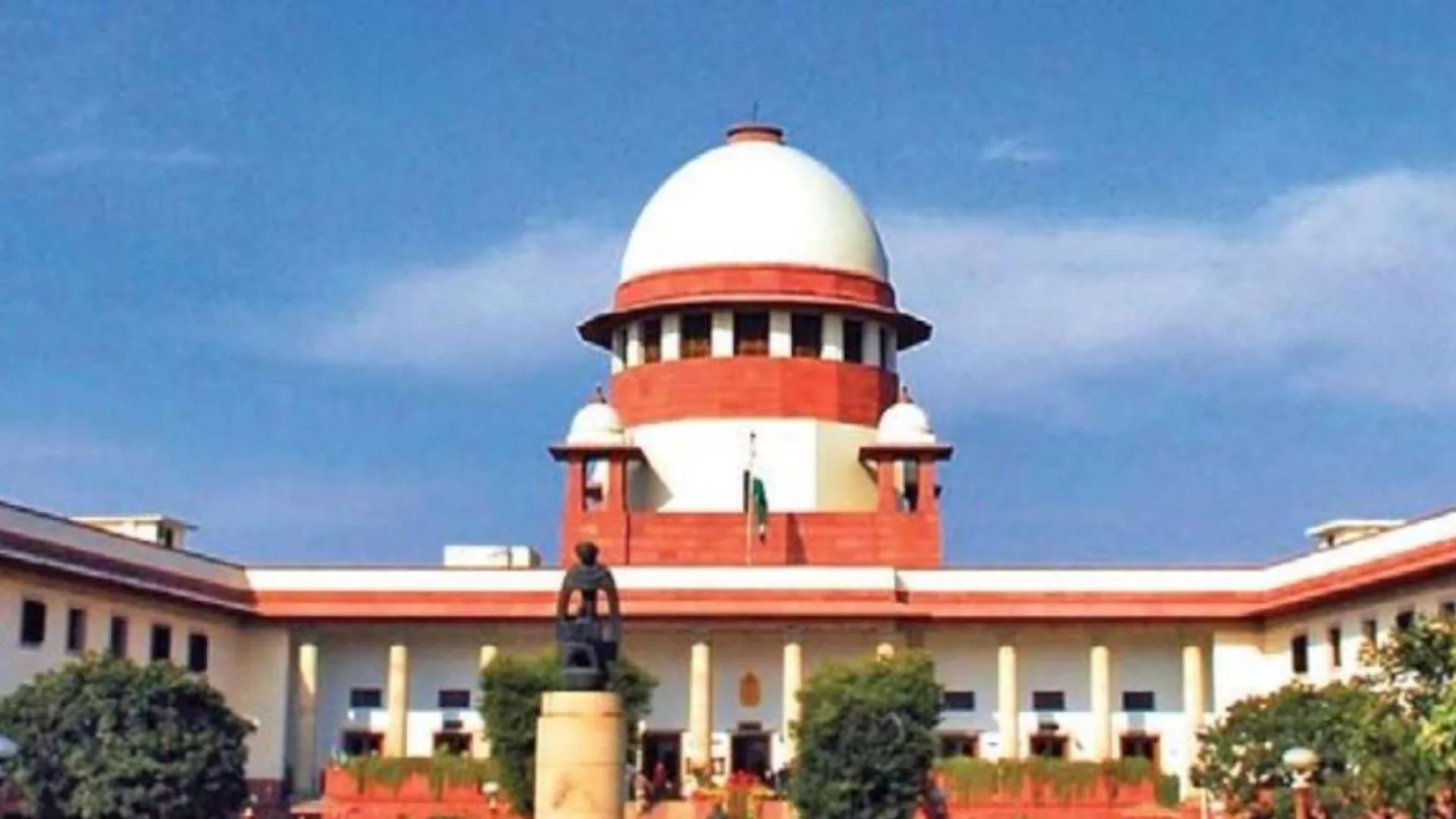Now that the Supreme Court of India has decided the vexed issue of controversial and opaque manner in which several high courts including the high courts like Delhi and Punjab and Haryana, were designating advocates as senior advocates, it is high time the designation process is made transparent.
The three-judge bench headed by Justice Sanjay Kishan Kaul had decided the matter and passed a slew of directions. Many High Courts have not designated seniors for many years now.
Coming in the backdrop of the ongoing questions about the efficacy of the collegium system of appointment of judges, where many, including those who are part of the judicial system, have asked if the collegium system should be junked, the judgment is significant.
That the matter was hanging fire for such a long time has also led to questions being raised as to why, when it comes to cases involving itself, the higher judiciary doesn’t show the same alacrity as it does in some non-serious matters.
The most significant issue, one at the heart of the petitions, was whether High Courts, by resorting to secret voting without exceptional circumstances, have effectively circumvented the selections made by the Chief Justices-led committees as per the Indira Jaising judgment.
The argument had been made that ful courts voting to designate seniors is not only contrary to the Indira jaising judgement but it also put a question mark on the chief justice and other members of the committee constituted by the full house itself while framing rules.
In Punjab and Haryana High Court, while the Full Court ,after secret voting, decided to ignore some lawyers who had been cleared by the committee, it voted in favour of the kith and kin on serving and retired judges. Surprisingly, among those who voted in the Punjab and Haryana High Court were 12 judges who had been appointed during Covid and had no real opportunity to make a proper assessment of the candidates. In fact, one judge was appointed just a few days earlier but he also participated in the voting process.
Experts have pointed out that despite the Supreme Court judgment in Indira Jaising’s case, where the focus was on doing away with the “subjective” mechanism and ushering in an “objective” mechanism, little seems to have changed. Even Jaising is questioning the manner in which the selection process has happened.
Earlier, the Supreme Court had raised questions about the manner in which the government had appointed former IAS Arun Goel as Election Commissioner. But when it comes to ensuring complete transparency in designation of senior advocates, the high courts don’t show the same intent.
In Punjab and Haryana High Court, where the process was carried out after a lag of almost seven years, of the 116 lawyers who applied, a committee comprising the Chief Justice , two senior-most puisine judges, the advocates general of Punjab and Haryana as well as the Additional Solicitor General for the Government of India whittled down the list to 27 candidates after weeks of assessment of each candidate as per the Supreme Court guidelines. The committee even interviewed each candidate.
While, as the Supreme Court judgment, these 27 candidates should have been granted the designation, it didn’t happen.
The Full Court of all judges decided that voting would take place and arbitrarily decided that of the 27 names cleared by the committee headed by the Chief Justice of the High Court, only 18 were voted to be designated as senior advocates.
Many had suggested that the Supreme Court should ask how judges ignored lawyers who had secured more marks in overall assessment and how the Full Court had decided that putting every candidate to vote was an equitable way to select the best candidate.




